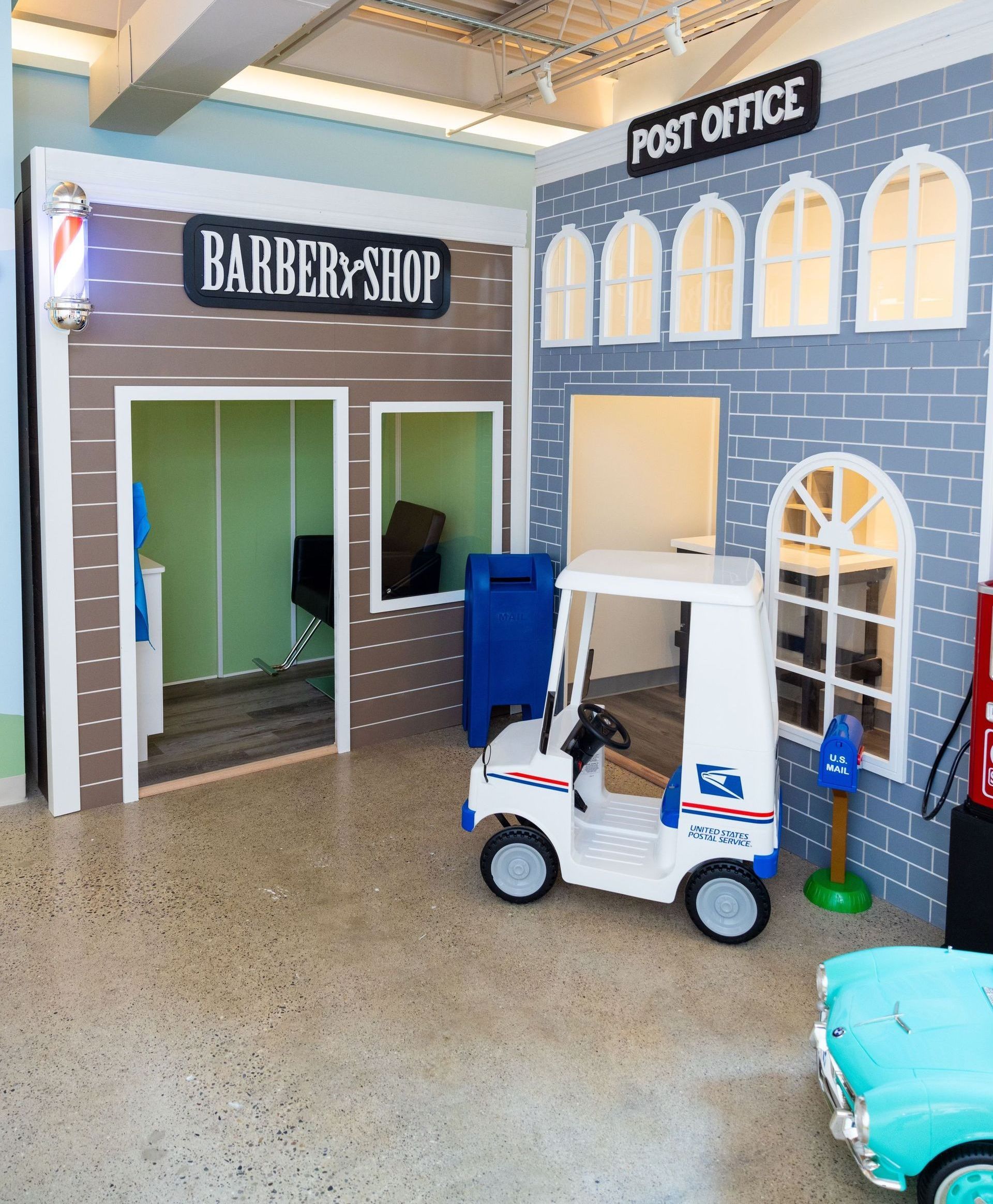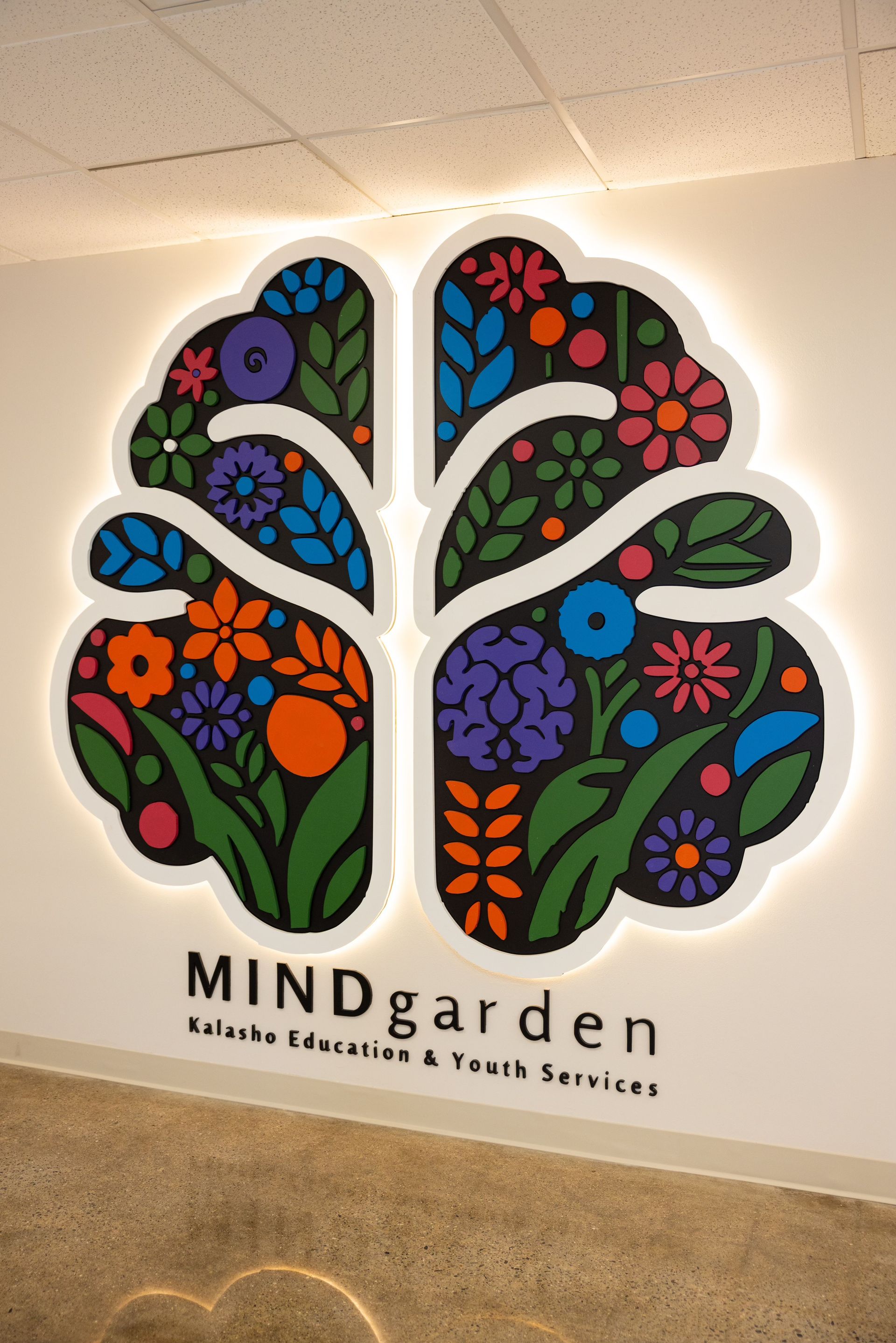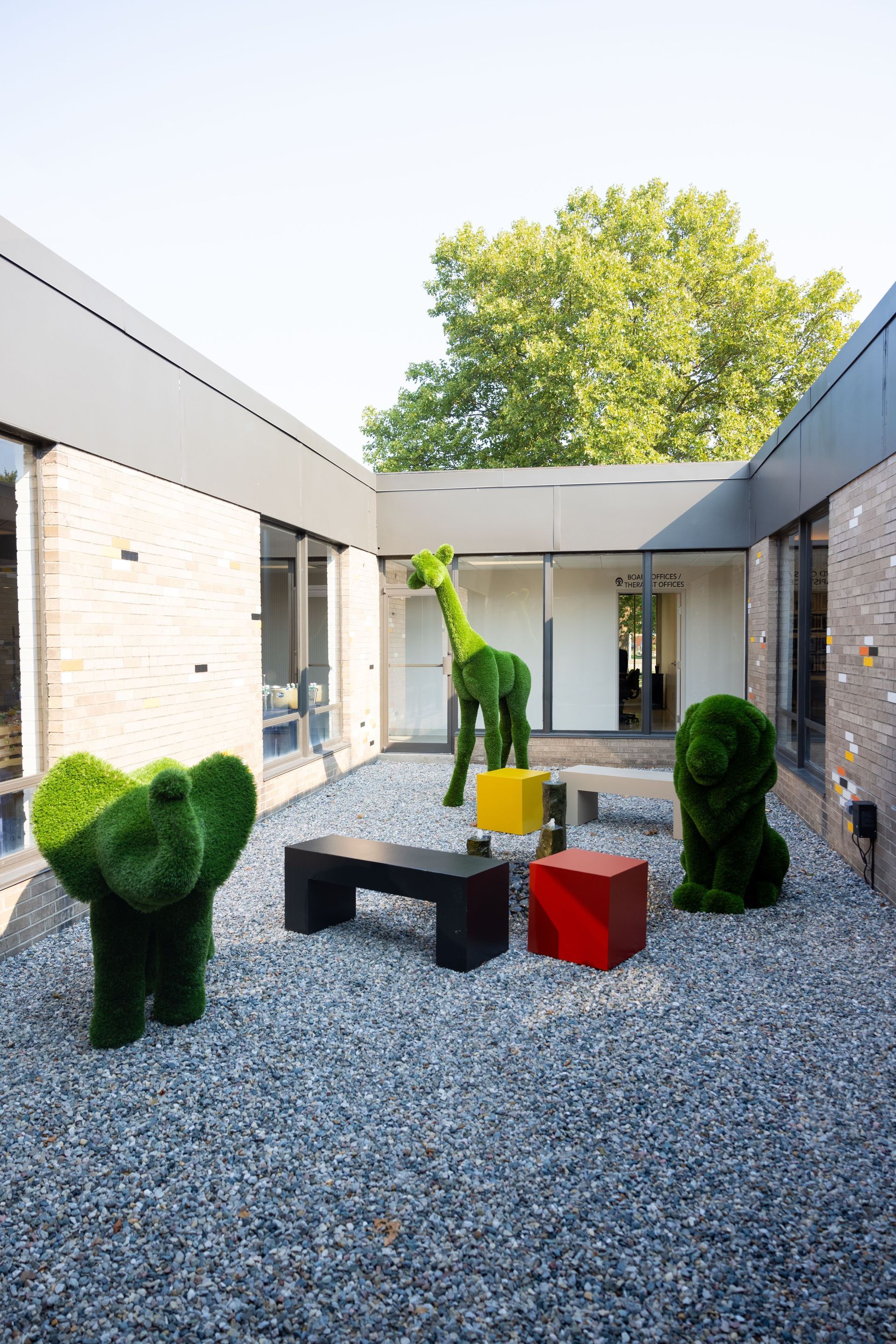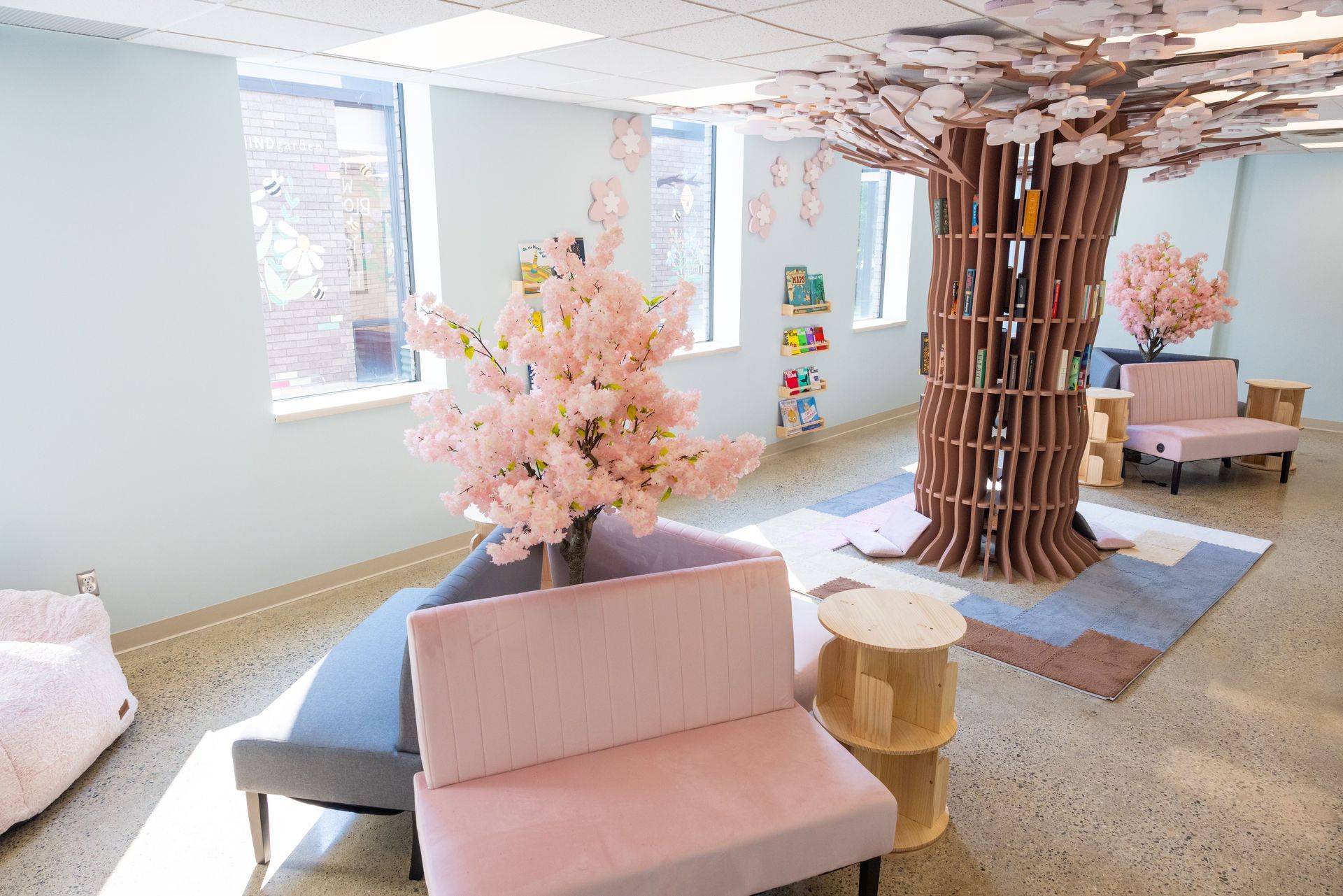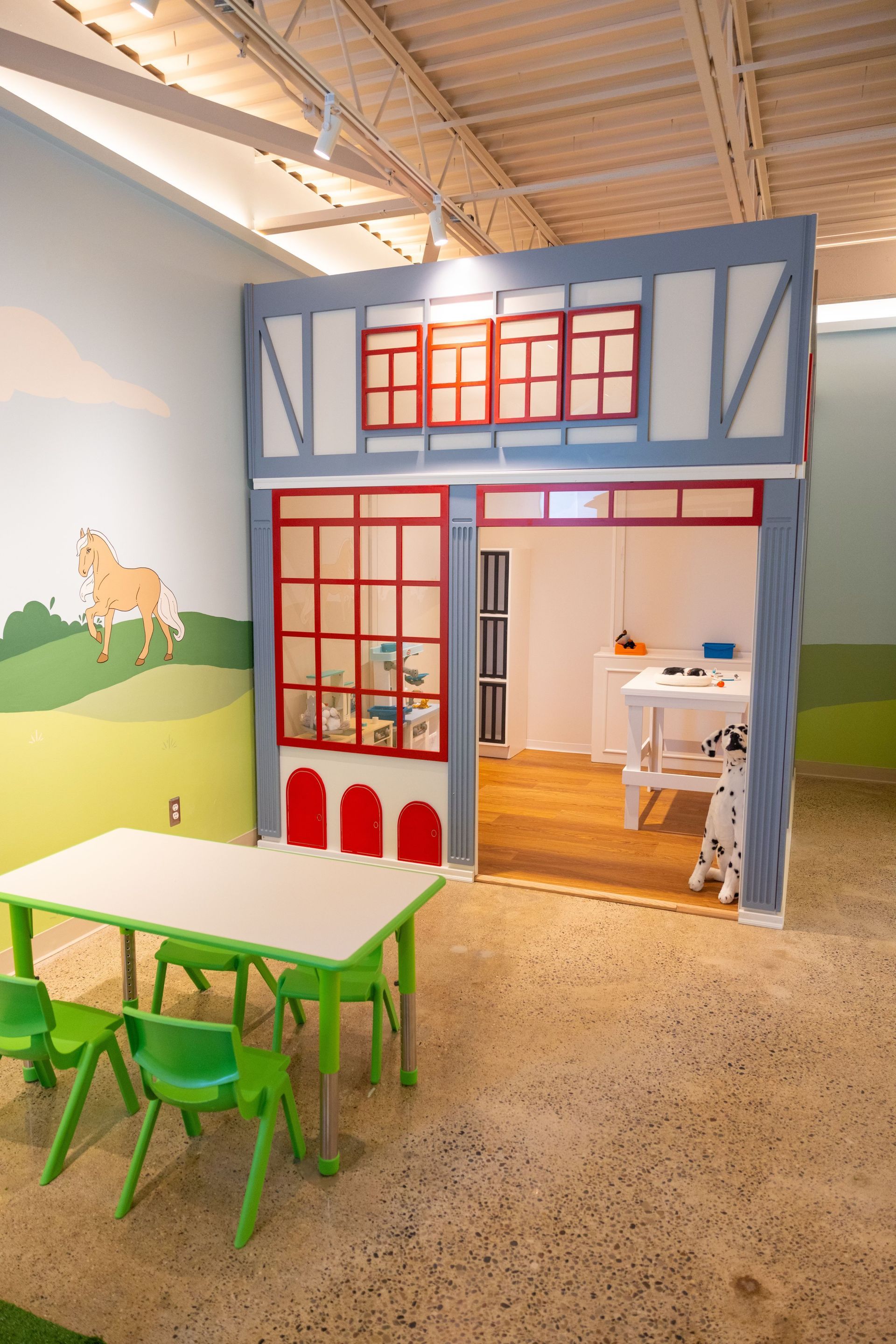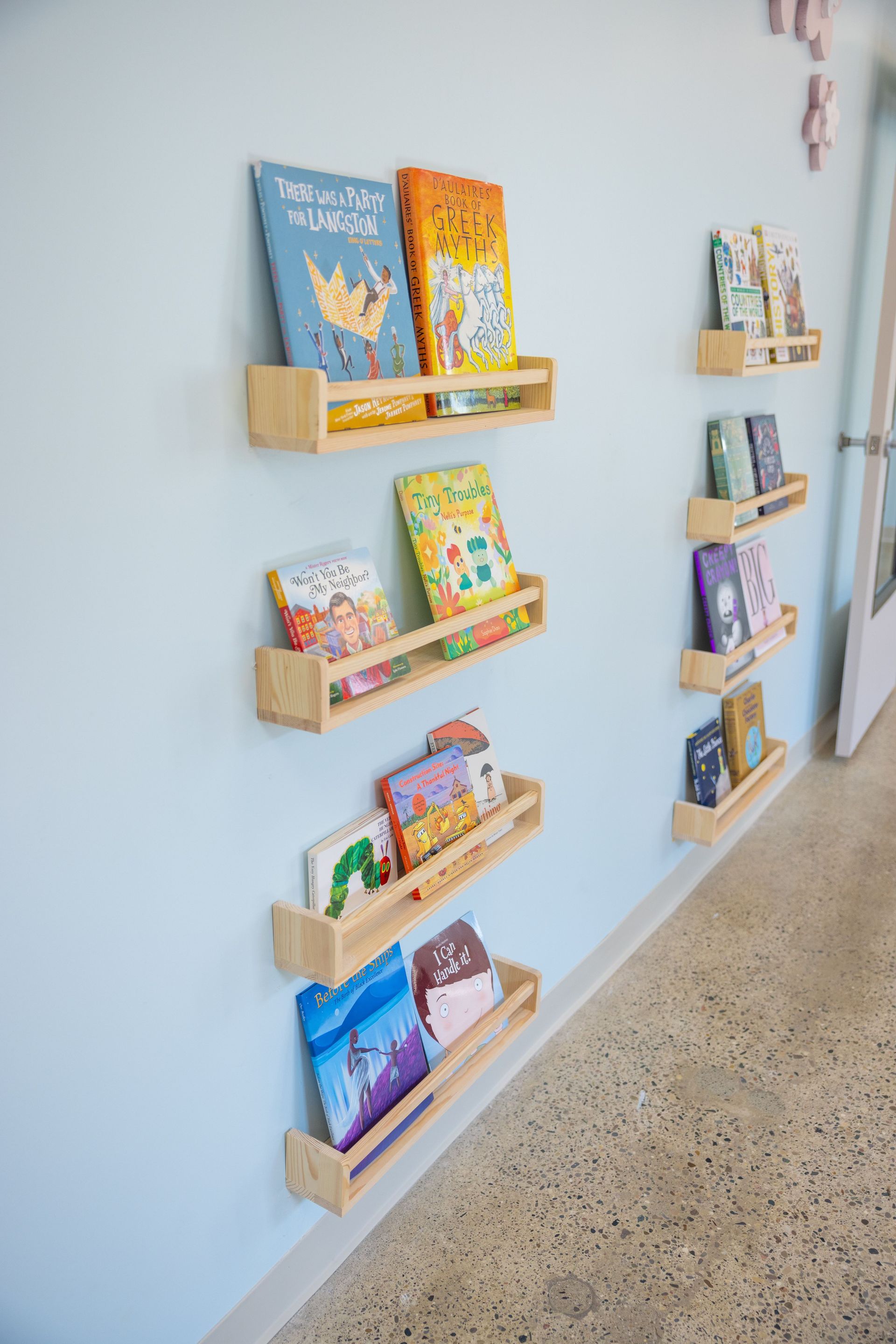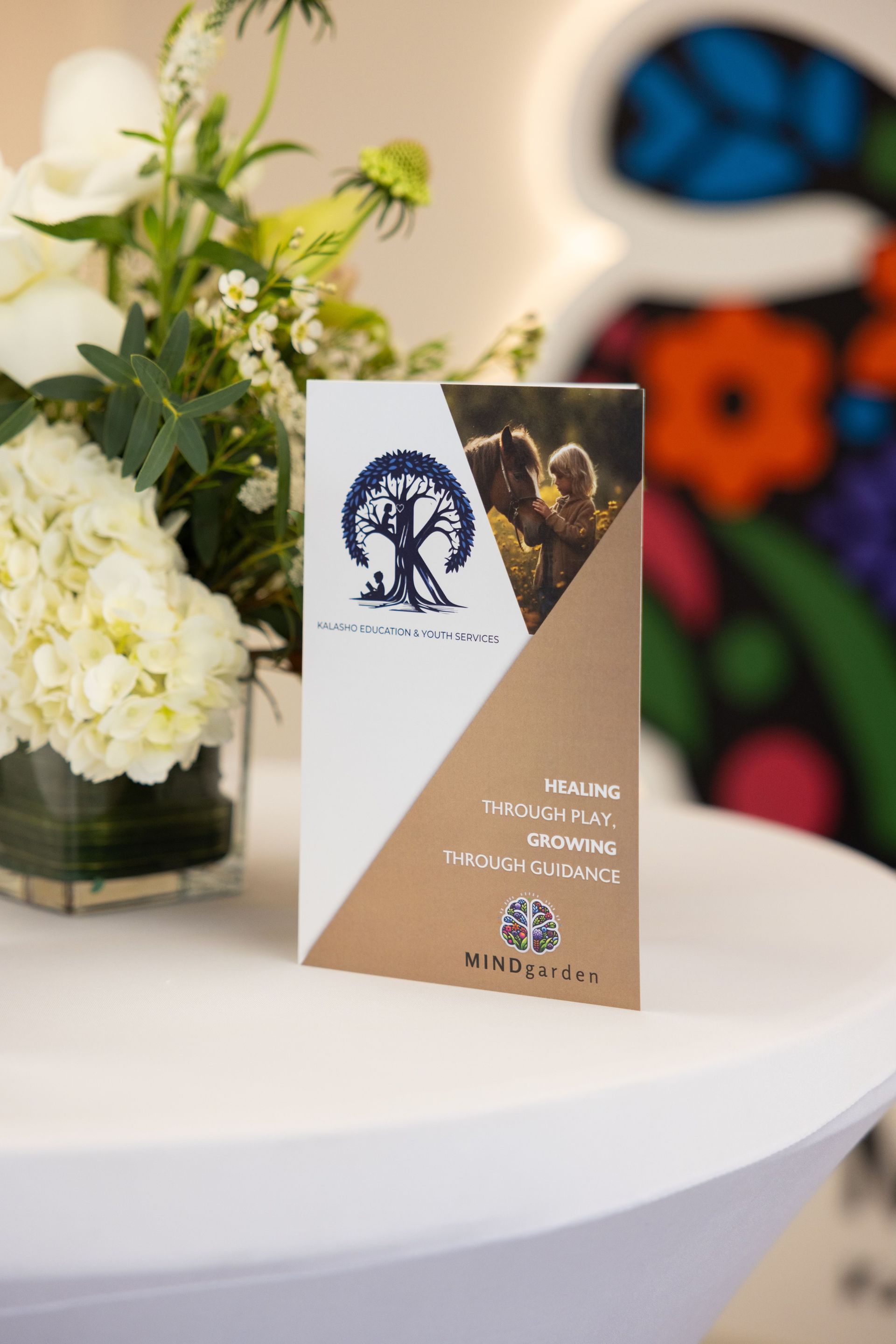Introducing
Lorraine Center's MINDgarden Therapy
Lorraine Center's MINDgarden Therapy stands at the forefront of child-centric rehabilitation and therapeutic care. Nestled amidst serene surroundings, our state-of-the-art facilities are meticulously designed, ensuring each child not only finds healing but also discovers the joy of learning, expressing, and growing.
Crafting a Brighter Tomorrow for Every Child
Every corner of Lorraine Center's MINDgarden Therapy echoes our commitment: to nurture, guide, and uplift. We don't just rehabilitate; we kindle hope, joy, and a vision of a brighter future.
Through our tailored programs and state-of-the-art facilities, we pledge to ensure every child, regardless of their challenges, can soar to their greatest potential.
FAQ's
-
What should I know to be a volunteer
Volunteering your time to support those struggling with mental health conditions can be an incredibly rewarding experience, but it's important to go into it with the right mindset and preparation. First and foremost, approach every interaction with compassion, empathy and an open mind. Leave judgements and preconceived notions at the door. Educate yourself on different mental health conditions, but don't make assumptions - every person's experience is unique. Maintain strict confidentiality regarding anything you may learn about an individual's personal situation. Be a patient, attentive listener and let them open up at their own pace. Know your limitations - you are there for support, not to provide professional counseling. Perhaps most importantly, take care of your own mental wellbeing by setting boundaries, taking breaks when needed, and not taking on others' struggles as your own. With the right balance of caring engagement and self-care, you can create a safe, supportive space that provides comfort and hope.
You should also know that it can be challenging at times - but we'll train you so you'll know what to do when this happens.
-
May I became volunteer if I never did it before?
Absolutely! Having direct experience is certainly not a requirement to become a volunteer supporting those with mental health needs. What's most important is bringing compassion, an eagerness to learn, and a non-judgmental approach. Organizations that facilitate volunteer opportunities provide thorough training to ensure you have the knowledge and skills to effectively assist. They understand that many enthusiastic volunteers are new to this work and will equip you with insights about different mental health conditions, boundaries to maintain, active listening techniques, and more. As a volunteer, your mere presence as a caring individual can make a profound difference. An open mind and heart are the biggest assets you can contribute. While prior experience is valued, it is certainly not necessary. The most impactful volunteers are those who lead with empathy and a desire to be a source of comfort without any expectations. With proper training, anyone has the ability to be a volunteer force for supporting better mental health in their community.
-
What should I know to be a volunteer
As a mental health support volunteer, maintaining strict confidentiality about anything you learn regarding an individual's condition or private life is paramount to building trust. Set clear boundaries - your role is supportive presence, not therapy. Approach every person with empathy, an open mind, and no judgments about their struggles. Practice active listening by giving your full attention and asking questions that show you're present. Educate yourself on crisis resources and how to identify if someone needs emergency intervention. Perhaps most importantly, prioritize your own self-care and mental wellbeing. Witnessing others' pain can be difficult, so take breaks, access support if needed, and don't take on burdens beyond your capabilities. With compassion, resilience, and proper training, you can create a safe, supportive space.
-
What should I know to be a volunteer
Maintain Confidentiality
As a volunteer, you may gain insight into someone's personal mental health journey. It's absolutely essential to maintain strict confidentiality about any private information shared. Building trust requires complete discretion.
Realistic Expectations
Understand that you are not a trained therapist, but rather a supportive presence. Don't set unrealistic expectations of "fixing" someone's condition. Your role is to listen and provide encouragement.
Compassionate Presence
Approach every interaction with empathy, patience, and an open mind. Leave judgments at the door. People may move at their own pace in opening up - let them guide the process.
Set Boundaries
While being caring is important, it's also vital to set healthy boundaries. Don't take on others' struggles as your own or provide counseling beyond your scope. Know your limitations.
Self-Care
Witnessing others' pain can take an emotional toll. Prioritize your own self-care through breaks, personal activities, and accessing support if needed. You can't effectively help others if you become overwhelmed.
Crisis Preparedness
Educate yourself on resources for crisis intervention, hotlines, and emergency mental health services. Being prepared for distress situations is crucial.
With compassion, clear boundaries, self-awareness and some training, you can create a supportive, trustworthy environment as a mental health volunteer. The most important qualities are empathy and a non-judgmental approach.
Join Our Community!
At MINDgarden we're not just a therapy center—we're a nurturing community dedicated to supporting families and children on their unique journeys of development. Our integrated therapeutic approach is designed to sow the seeds for a brighter, more joyful future.
Subscribe to our newsletter!
We will get back to you as soon as possible.
Please try again later.
All Rights Reserved | MINDgarden
Kalasho Education & Youth Services | Privacy & Terms | Made by BlueX Digital


